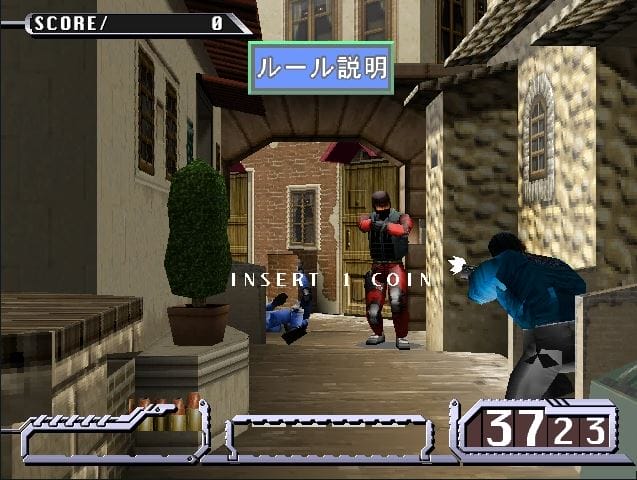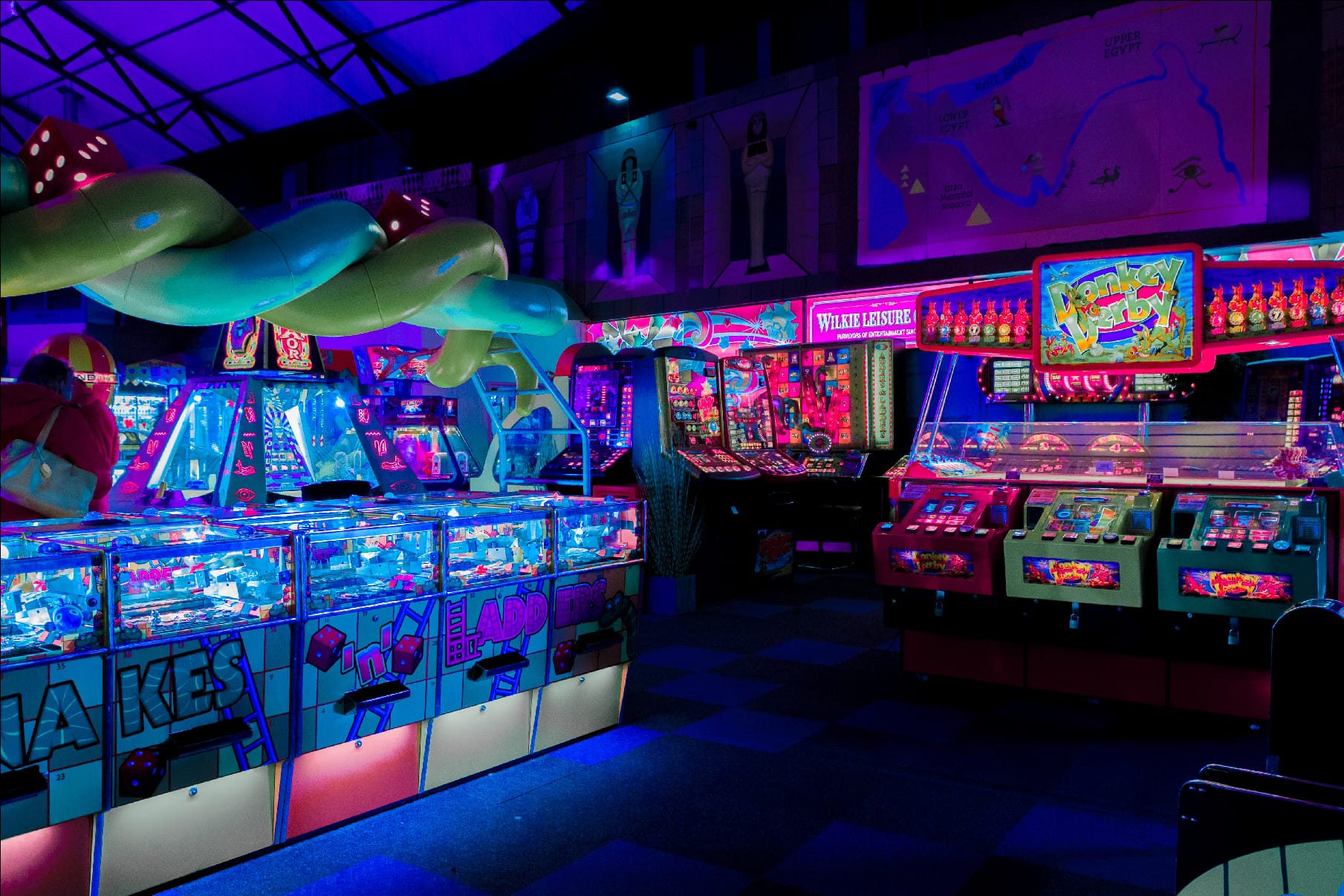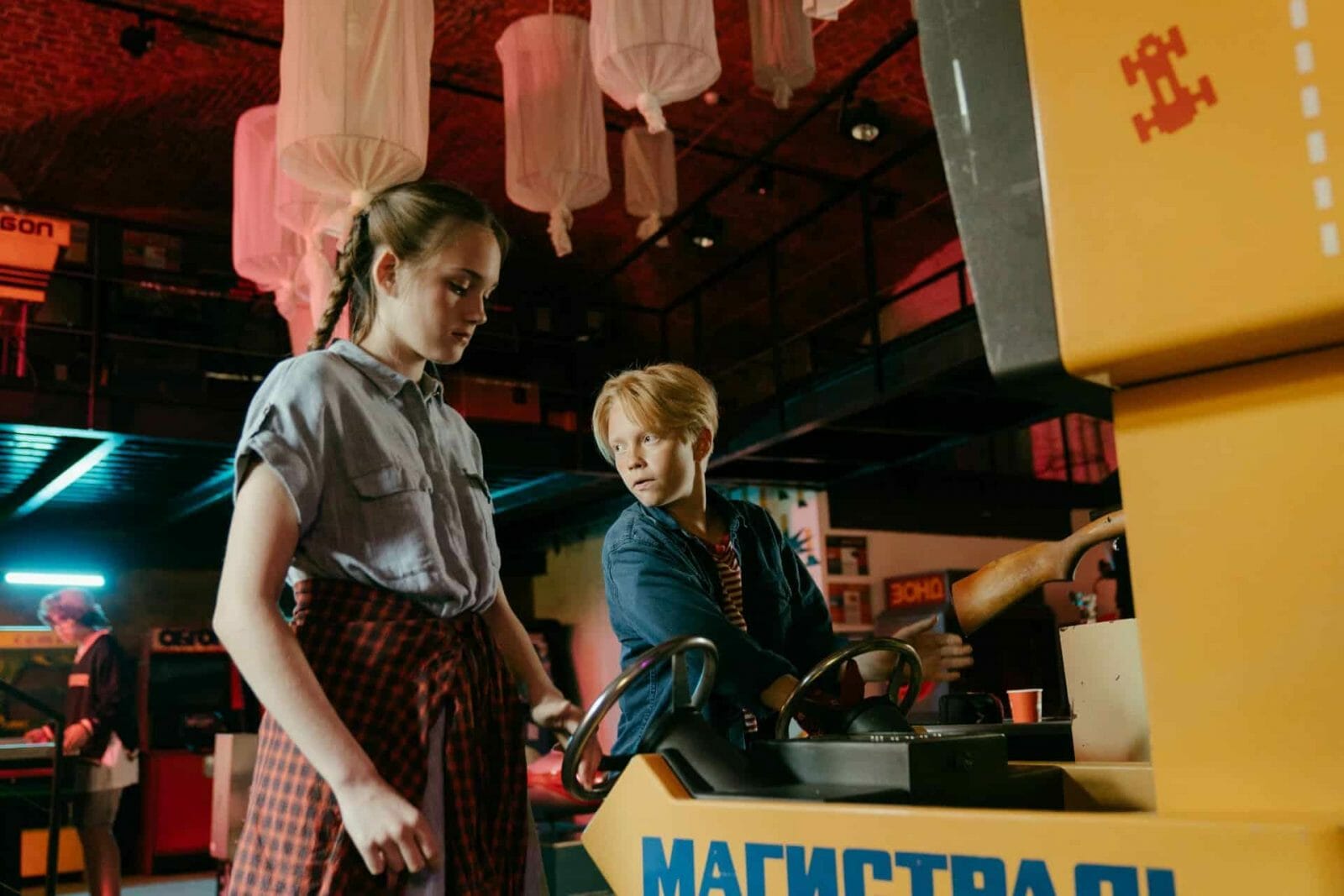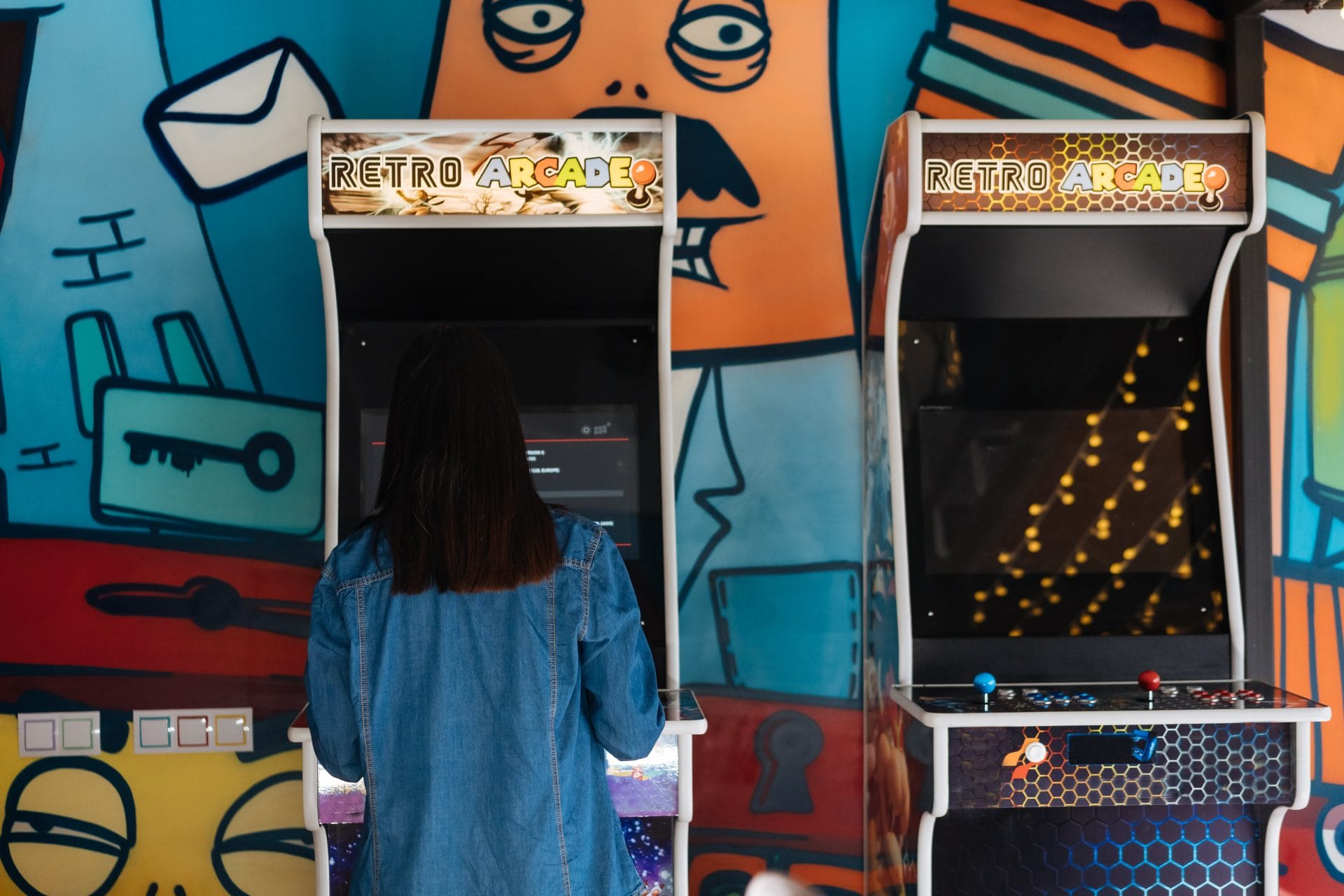
Arcade Franchises That Successfully Evolved for the Modern Era (and Those That Didn’t)
Evolution is a key aspect of game design. Consumers have high expectations for their favourite franchises and publishers who fail to continuously innovate fall by
Evolution is a key aspect of game design. Consumers have high expectations for their favourite franchises and publishers who fail to continuously innovate fall by the wayside, being overtaken by fresher concepts that better cater to modern demands. Countless arcade classics have been lost to time, failing to keep up with the industry front-runners, or simply misunderstanding what it is that made them so popular in the first place. Below we explore some of the arcade games that managed to successfully ride the tech boom wave, managing to stay relevant even into the 2020s, as well as those that looked to be destined for big things, but remain mostly forgotten to the newer generations.
There are probably no better examples of arcade game franchises that have managed to stay relevant into the 2020s than Street Fighter. While many other arcade fighting games faced a sharp decline in popularity come the age of home consoles, Street Fighter managed to stay profitable by releasing a string of titles that reimagined the fighting game formula for a modern audience while also capitalising on the nostalgia of older gamers. Street Fighter 5, released in 2016, is estimated to have achieved a gross revenue of $620,000,000. While still considerably lower than the $5,110,000,000 grossed by the arcade version of Street Fighter 2, an impressive 7,800,000 estimated unit sales make it one of the best-selling Street Fighter games ever released for home consoles.
Modern Street Fighter games have also managed to make their way into the lucrative competitive Esports scene through tournaments such as EVO (Evolution Championship Series), helping to introduce the franchise to a younger audience.
While Space Invaders is still a franchise known by many, its relevance as a gaming force has waned into the new millennium. At launch, Space Invaders implemented countless ideas that we now consider to be commonplace in gaming – elements such as multiple lives, enemies that reacted to the player’s actions, as well as the storing of high-scores. Unfortunately, Space Invaders struggled to keep up with modern gaming trends, failing to improve/refine its gameplay to keep up with the competition. While the franchise is still occasionally ported over to modern devices, it no longer inspires the fervent following it did at launch in the late 70s and into the early 80s.
Square Enix have owned the rights to Space Invaders since 2005, but seem to have shown no real desire to give the franchise a fresh coat of point – we can only hope that this isn’t the end for one of arcade’s best-selling titles.
Another perfect example of a franchise that has managed to stay relevant in the modern day is that of Super Mario. Unlike some of the other franchises on this list, Nintendo weren’t content with Mario and gang to remain simply as video game characters and managed to push their likeness into general media through comics, movies, TV shows, and even into the world of fashion through themed clothing and accessories. Fundamentally, it was Nintendo’s own willingness to innovate that has made Super Mario such a recognisable franchise even into the 2020s – they were never afraid to venture into different genres (even into RPGs and Puzzle games) while implementing countless fresh ideas that made them stand out amongst the competition.
The Super Mario series remains as strong as ever. Mario Kart 8 (2014-17) has become the best-selling Mario home console title of all time, with three other post-2005 titles closing out the top five. The introduction of other sub-franchises built on the IP such as Luigi’s Mansion, Yoshi’s World, and even the Mario & Sonic Olympic spin-offs only strengthen the relevancy of the Super Mario franchise in the modern day and indicate that Nintendo has grand plans for the IP going forward.
Time Crisis was an early on-rails shooting game that ruled the arcades in the late 1990s. The franchise was renowned for its innovation, implementing one of the earliest instances of gaming peripherals in the form of plastic guns that doubled up as controllers. While revolutionary for the time, this has also proved to be one of Time Crisis’ biggest accessibility obstacles to a modern audience. In order to play Time Crisis on a home console, players would need to purchase Namco’s GunCon controller which, naturally, could only be used with Namco’s own catalogue of shooter games. It doesn’t help that modern gamers have a fair deal of scepticism toward gaming peripherals following countless failed projects; asking your loyal fanbase to spend extra money on gear just in order to play your game didn’t sit right with many players.
Namco stuck with the Time Crisis series and introduced several sequels for the original PlayStation, PlayStation 2, and PlayStation 3, however due to limited popularity, the latest instalment (Time Crisis 5 – 2016) did not get a home console port. It seems that in order to break into the mainstream console gaming market, Time Crisis would need to move away from it’s on-rails format while also scrapping the need for light gun peripherals. Unfortunately, the console market is already oversaturated with FPS titles, and Time Crisis would need to offer unique gameplay or features to attract anywhere near the attention it once had.
Staying relevant in the modern gaming landscape is incredibly challenging. Game development has become far more accessible than ever before meaning that even smaller teams can build exciting titles that capture the hearts of mainstream audiences. It’s important that older IPs pay attention to what it is that makes modern games popular – nostalgia isn’t always enough to shift units and offering titles that align with the latest trends makes sure that titles aren’t seen (and play like) relics of yesteryear. Fundamentally, it’s important that these titles are good games before anything else – belonging to a historic IP doesn’t guarantee success.

Evolution is a key aspect of game design. Consumers have high expectations for their favourite franchises and publishers who fail to continuously innovate fall by

The Arcade is widely recognised as the birthplace of some of gaming’s most iconic titles. Without the simplistic 8-bit graphics of the 1970s, we would

Whether you’re a hardcore gamer, or someone with more of a casual interest; it’s no secret that gaming as a medium has changed a great

While the glory days of arcade gaming may be long behind us, the digital world isn’t quite ready to forget an industry that was so

Overtime, Arcade machines have had a large impact on the gaming console community being inspiration for multiple major gaming devices such as the Nintendo DS.

It’s not arcade games themselves that have changed, but rather the way they are played. Arcade games were originally designed to be a one-player experience,

Evolution is a key aspect of game design. Consumers have high expectations for their favourite franchises and publishers who fail to continuously innovate fall by

The Arcade is widely recognised as the birthplace of some of gaming’s most iconic titles. Without the simplistic 8-bit graphics of the 1970s, we would

Whether you’re a hardcore gamer, or someone with more of a casual interest; it’s no secret that gaming as a medium has changed a great

There was a time when arcade machines dominated the gaming space – arcades were found around every corner and were packed with people of all

The Arcade is widely recognised as the birthplace of some of gaming’s most iconic titles. Without the simplistic 8-bit graphics of the 1970s, we would

Everyone knows the arcade classics – Street Fighter, Pac-Man, Donkey Kong, etc. These are the games that moulded a generation of gamers and are still

While the glory days of arcade gaming may be long behind us, the digital world isn’t quite ready to forget an industry that was so

The charm of a classic arcade game is seldom matched in the modern gaming landscape. From the instantly recognisable pixel artwork of the early Super